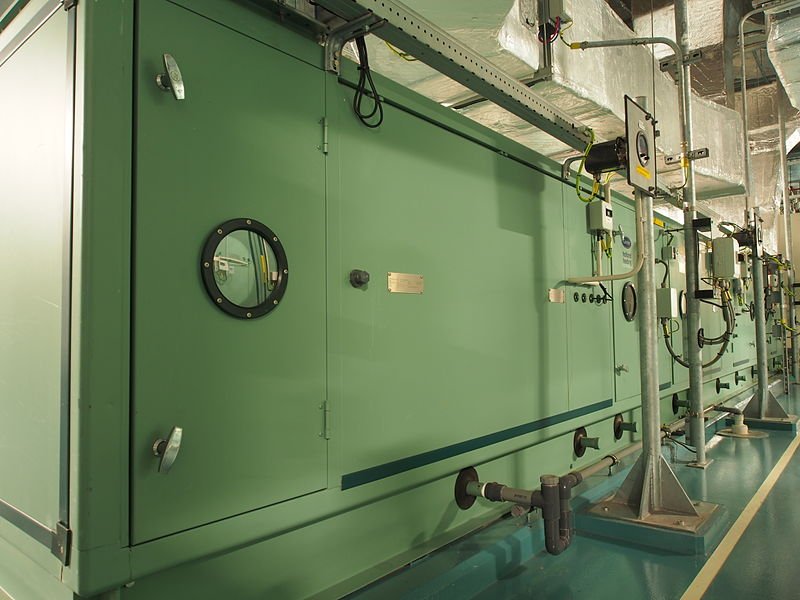Perimeter Induction Unit
Perimeter Induction Units: The Evergreen Innovation
"We must face up to an inescapable reality: the challenges of sustainability overwhelm the adequacy of our responses. With some honourable exceptions, our responses are too few, too little, and too late." - Kofi A. Annan, Former Secretary-General, United Nations.
With the increasing variability in weather brought about by the long-term effects of climate change, regulation of temperatures has never been more crucial for efficient functioning in the workplace, at home, in public buildings, or even in cars. The higher the extremes of temperature that we have, the more we need solutions to mitigate these extremes.

Perimeter Induction Units: One of the evergreen innovations
One of the most evergreen changes and solutions to regulate temperature is Perimeter Induction Units. These units are especially useful for controlling the temperature in massive edifices such as office buildings, hospitals, hotels, and public institution buildings. The induction units provide a customizable, temperature-regulating solution that can be used to manage the temperature of individual rooms, and deal with extremes on both the hot and the cold sides.
PIU (Perimeter Induction Unit): Where do they work their magic?
Perimeter Induction Units work directly on perimeter zones of buildings. As the name suggests, these zones are within 10-20 feet of the building's outer boundary. These zones are the ones most susceptible to weather changes. For example, on a hot day, the solar heat is mostly absorbed in these perimeter zones. Furthermore, these zones are the ones most exposed to lights, equipment, and people - all sources of heat generation. There are even cases when different perimeter zones in the same building may need the opposite effects. One zone may require cooling; another may require heating. Ultimately, the perimeter induction units serve to regulate in both directions of the temperature scale as and when needed.

Perimeter Induction Units work: How do they work?
Perimeter Induction Units work through the concept of providing a primary air supply at regulated temperatures to perimeter zones. The different components in a perimeter induction unit include a preheat coil, mixed air dampers, coil control valves, an air system controller, and a return air duct fan. Based on the temperature in the perimeter zones, these different components work together to ensure the regulation of warmth in the zones. The significant part about perimeter induction units is that an installed system of quality will serve you well for even decades. Even after many years, if the efficiency of the units is lost, you can gradually consider replacing each with a replacement induction unit. The modularity of the systems ensures that the replacement process is gradual and seamless.
The best options for Perimeter Induction Units
Various companies manufacture good quality HVAC products. However, one of the top choices for Perimeter Induction Units and other HVAC products of the highest quality is EB Air Control Inc. With a strong focus on innovative design and modern technology, EB Air manufactures products for "indoor air comfort and quality." The two keywords of comfort and quality concerning the air, are the drivers of the first Perimeter Induction Units developed by EB Air. Not only does the company develop high-quality HVAC products, but it also does so with a significant focus on sustainability.
Also read: HVAC Trends 2019



